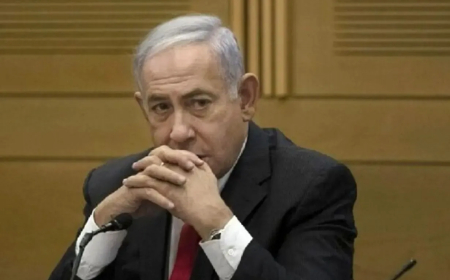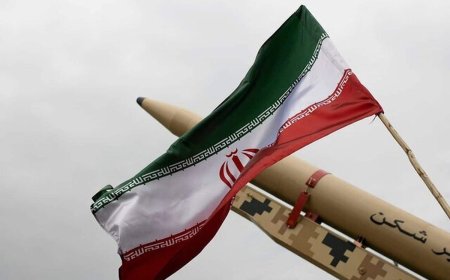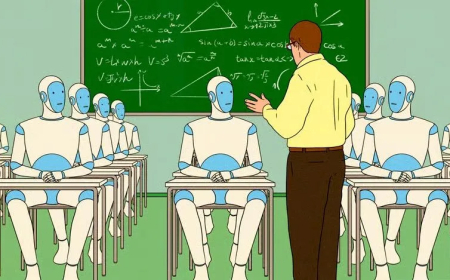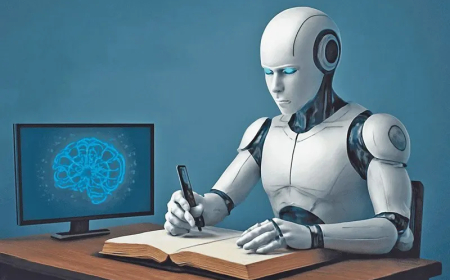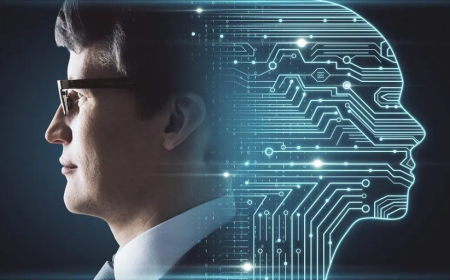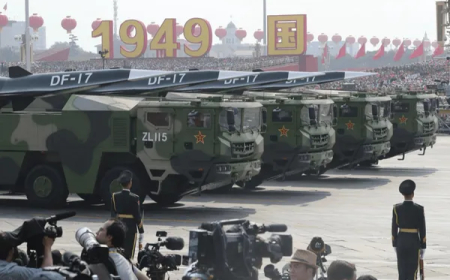Books Without Authors: A New Challenge for Contemporary Culture
The arrival of artificial intelligence in book writing and translation raises new questions about the authenticity of works, the human role in authorship, and the cultural value of literature. Can machine-produced books hold the same cultural significance as human-authored texts, or do we need to redefine their role?
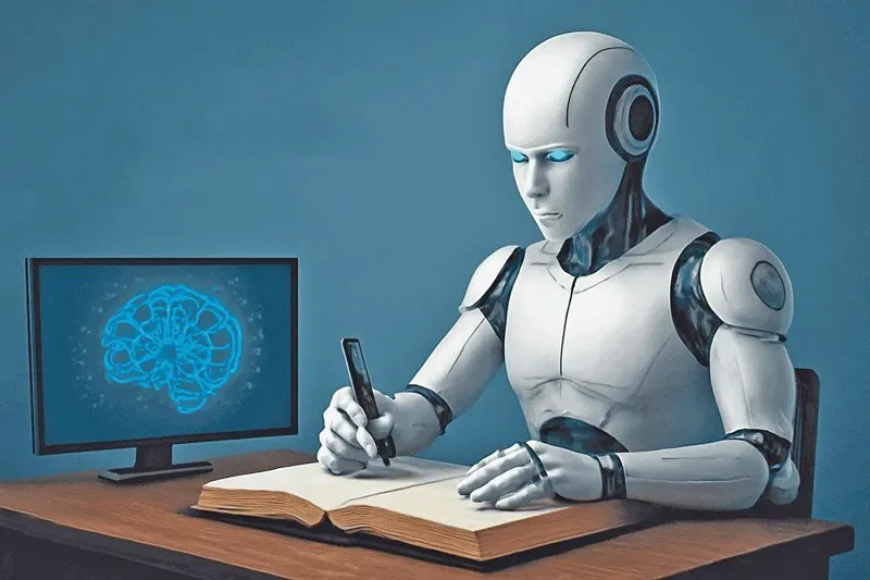
Artificial intelligence technologies are increasingly entering the realm of writing and translation, presenting a profound challenge to the cultural authenticity of literary works. Traditionally, the primary concern in publishing and translation revolved around plagiarism and copyright protection. Today, however, the pressing question is whether texts created by machines can retain the cultural weight and human essence of books.
From a critical perspective, replacing a human author with an algorithm risks diluting the lived experience, intention, and interactive dialogue between writer and reader. Books are more than data transfer; they reflect personal experience, cultural context, and history, while translation embodies the nuanced interplay of languages and meanings. When such work is handed over to machines, human precision, word choice, cultural sensitivity, and reflective judgment can diminish.
Yet AI also presents significant opportunities. When used properly, it can enhance the efficiency of writers and translators, accelerating research, gathering resources, and providing rapid draft translations without replacing the human author. This allows writers to focus on analysis, content refinement, and reflective thinking, while automating repetitive and time-consuming tasks.
To achieve this balance, transparency about AI’s role, maintaining human responsibility, and proper education on the technology’s potential and limitations are essential. Works produced with AI assistance may also require clear labeling to indicate the extent of machine contribution, preserving the cultural credibility of human authorship.
Ultimately, AI should act as an assistant to human intellect, not a replacement. Properly integrated, it can expand a writer’s capacity, diversify expression, and enrich cultural reflection. Its entry into literature is not an uncontrollable threat but a cautionary signal for culture to safeguard the human presence in texts.
